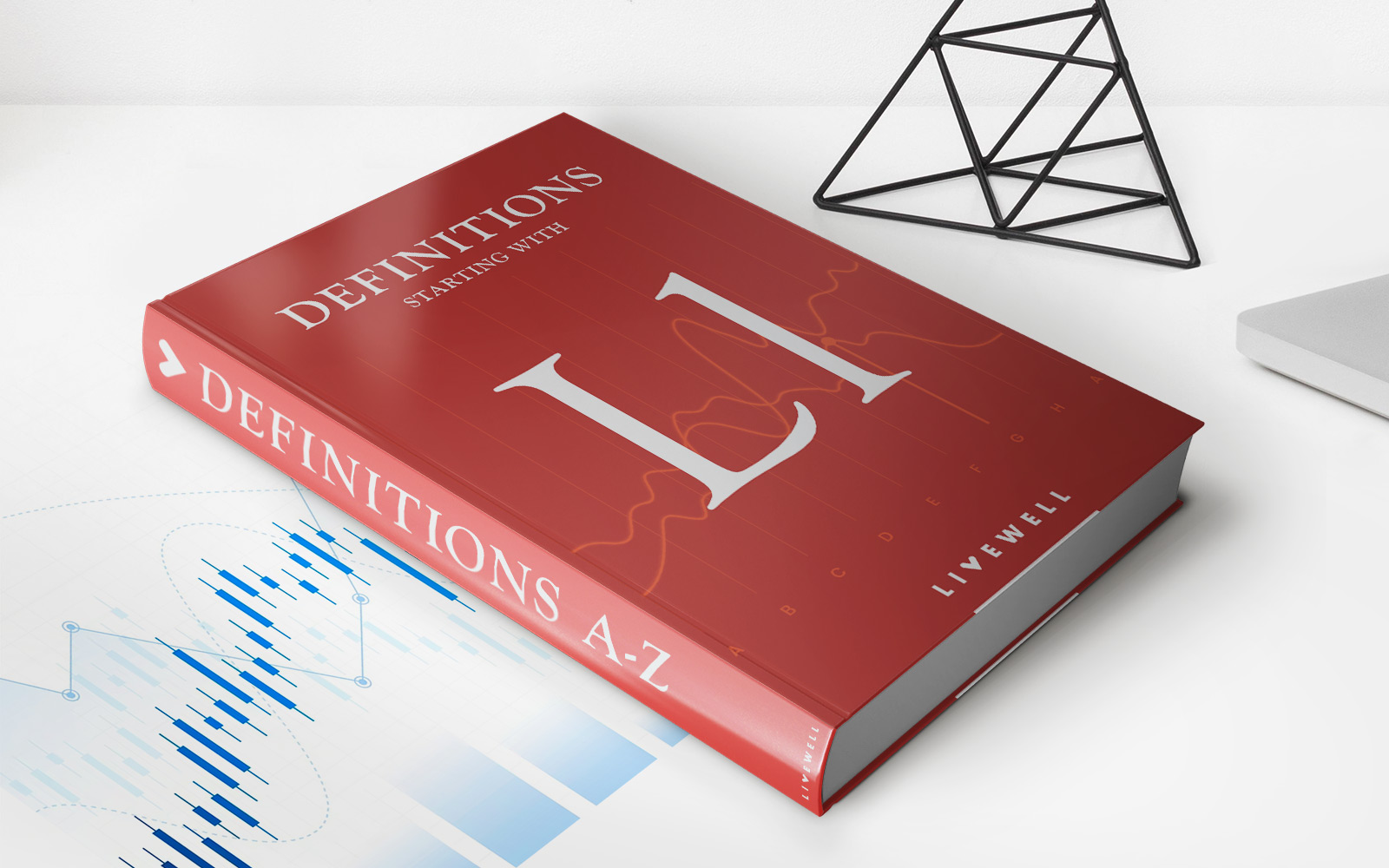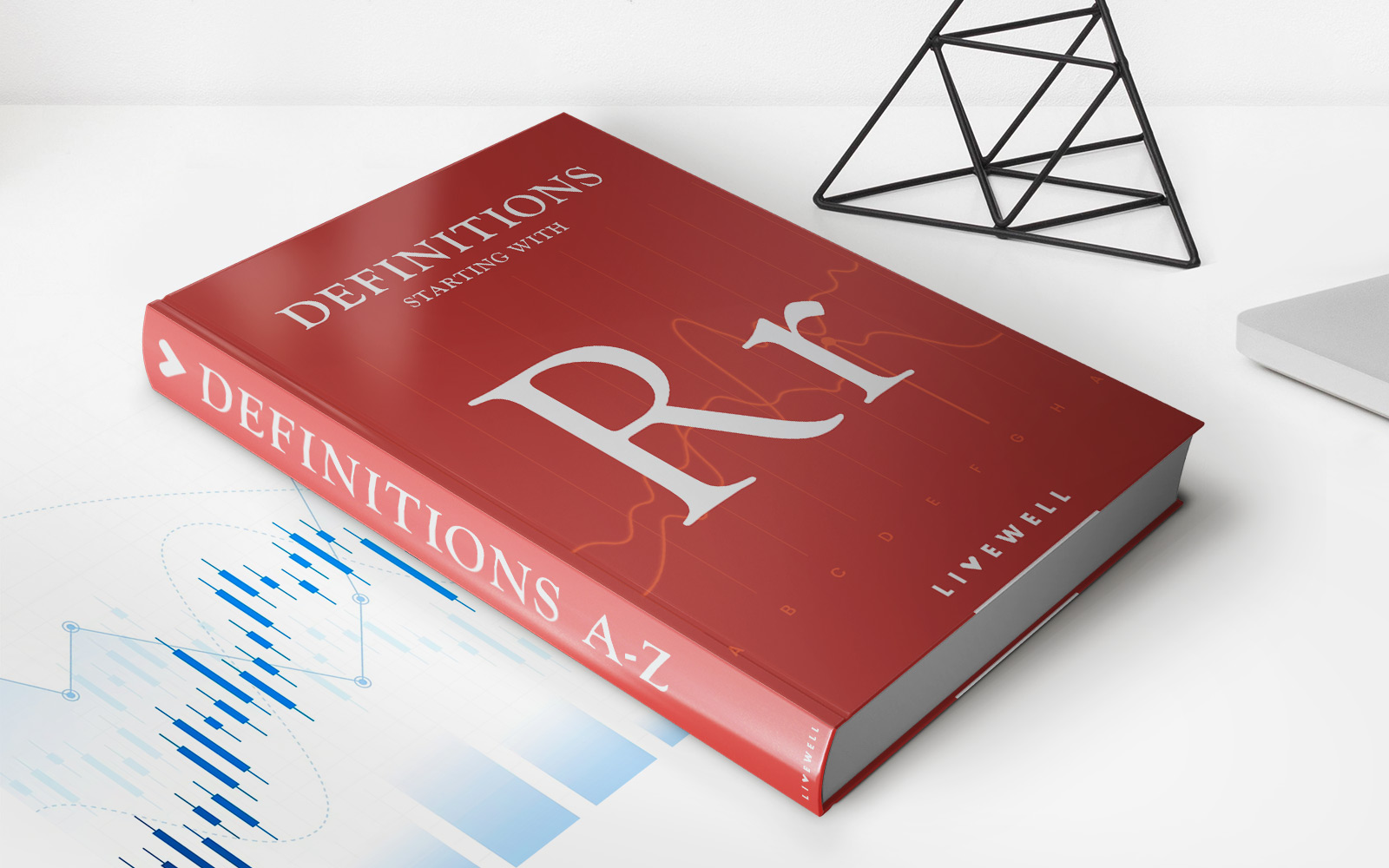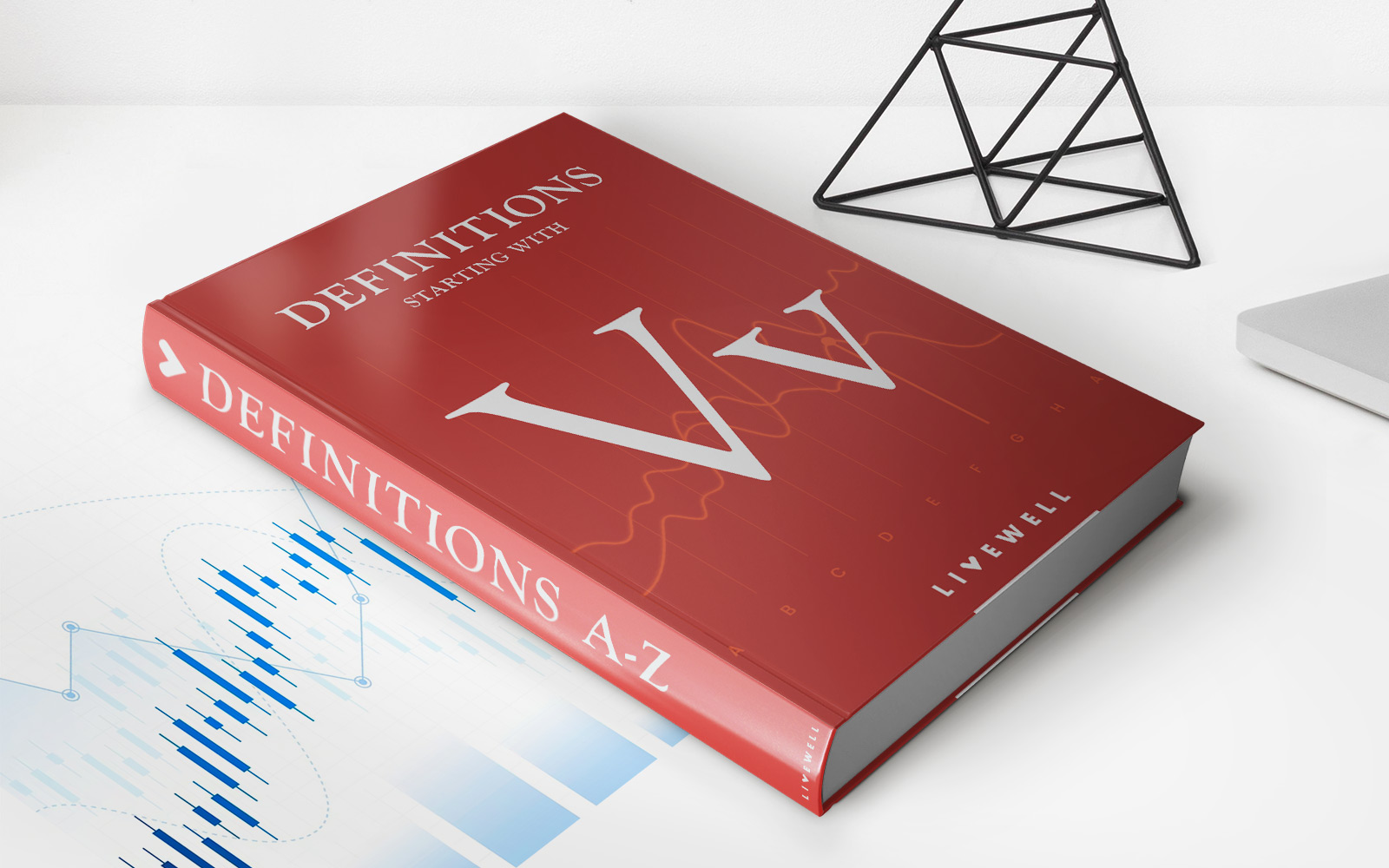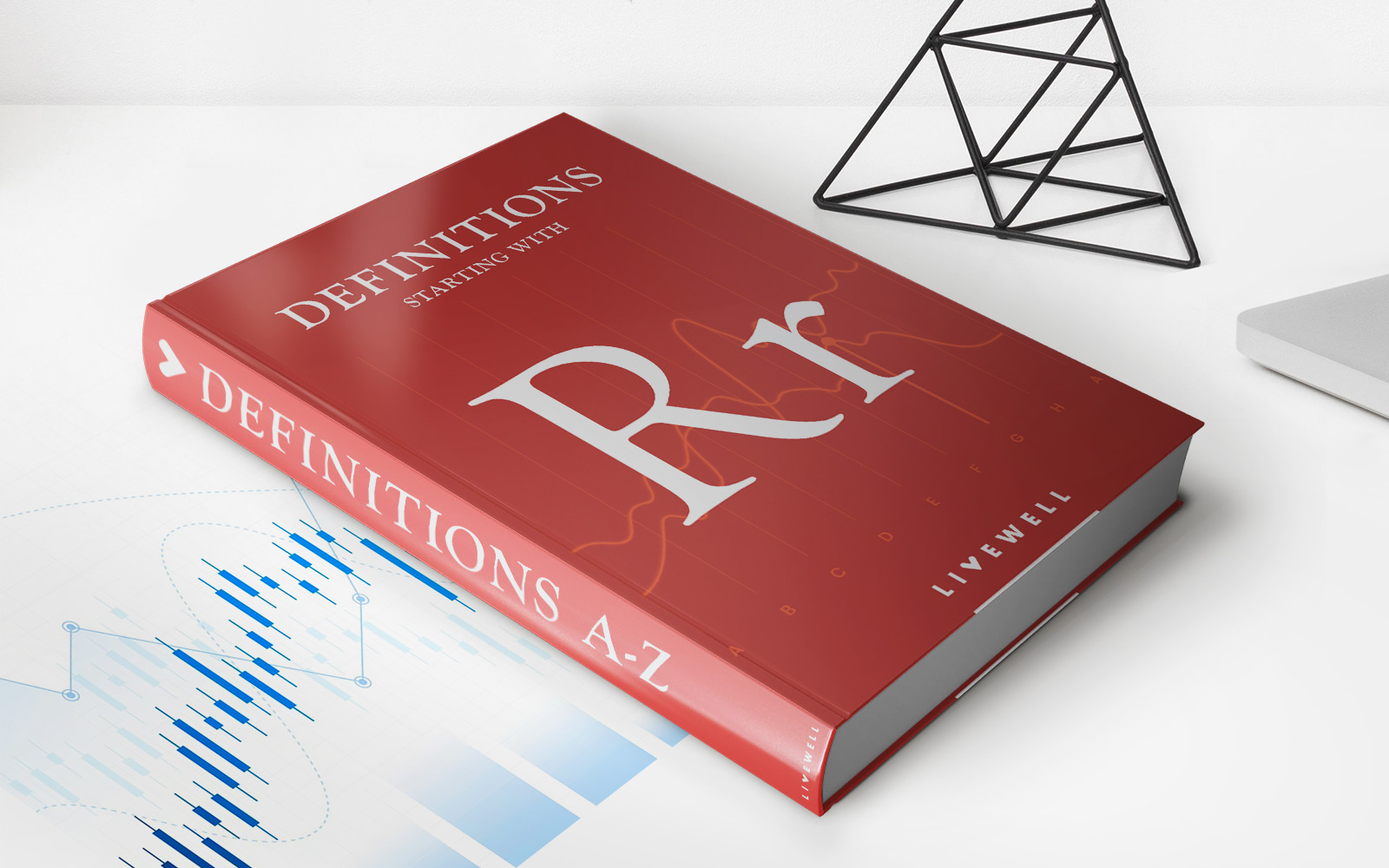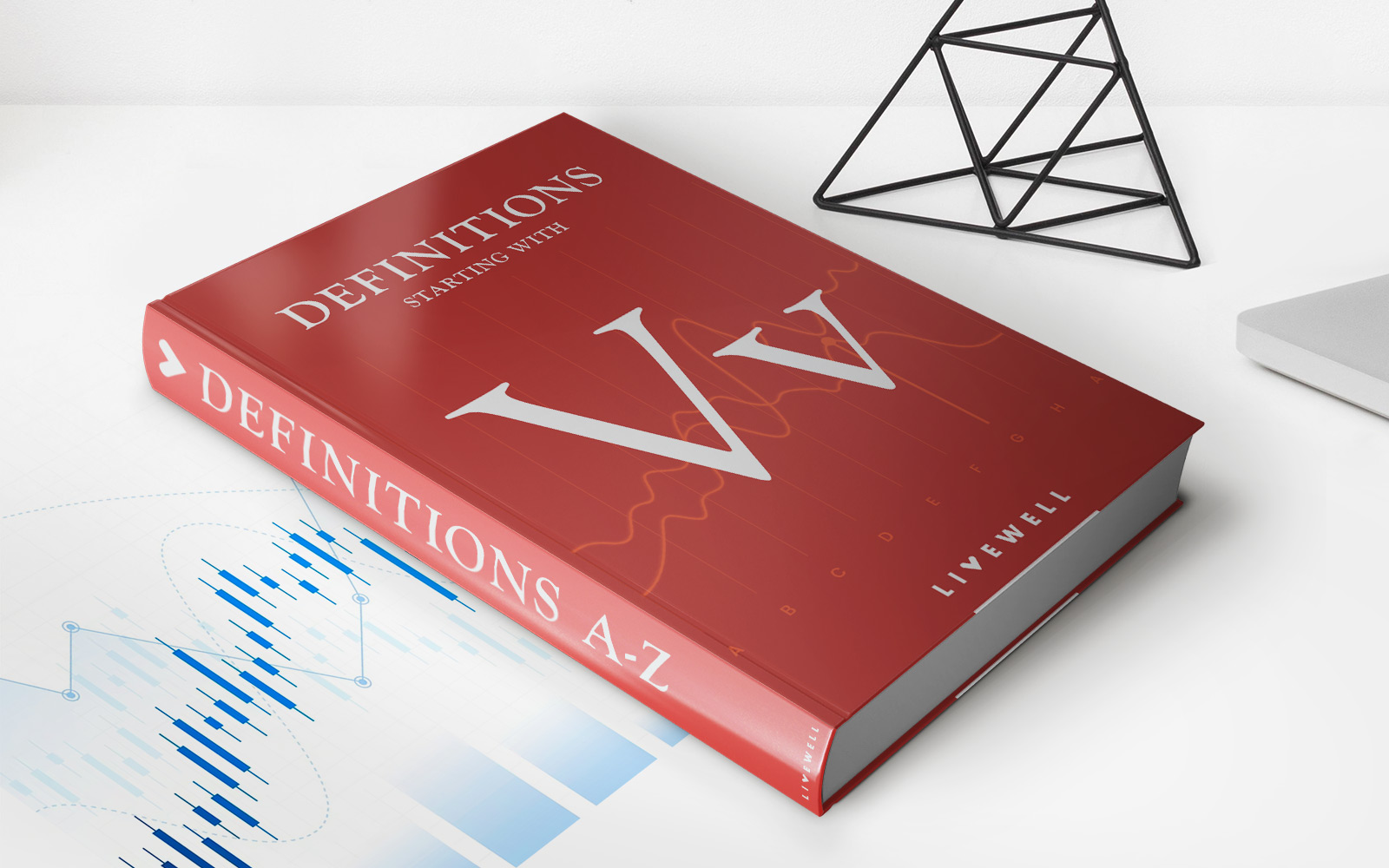

Finance
Conditional Reserves Definition
Published: October 31, 2023
Learn the definition of conditional reserves in finance and how they play a crucial role in managing risk and ensuring financial stability.
(Many of the links in this article redirect to a specific reviewed product. Your purchase of these products through affiliate links helps to generate commission for LiveWell, at no extra cost. Learn more)
Understanding Conditional Reserves in Finance
Welcome to another informative blog post from our Finance category! Today, we’re going to dive into the world of conditional reserves and explore what they are, how they work, and their importance in the financial industry. So, if you’ve been wondering about the definition and significance of conditional reserves, you’ve come to the right place!
Key Takeaways:
- Conditional reserves are a specific type of reserve held by financial institutions to meet specific conditions or requirements.
- These reserves serve as a precautionary measure to manage potential risks and ensure stability in the financial system.
Now, let’s jump into the topic at hand and understand the concept of conditional reserves in more detail.
What are Conditional Reserves?
Conditional reserves, also known as contingent reserves, refer to a specific pool of funds that financial institutions, such as banks or credit unions, are required to set aside to meet certain conditions or obligations. These conditions may include regulatory requirements, economic circumstances, or risk management guidelines.
How do Conditional Reserves Work?
Financial institutions are obligated to maintain conditional reserves as a safety net and to mitigate potential risks. These reserves act as a cushion to protect against unforeseen events that could impact the institution’s financial stability. The amount of conditional reserves required may vary based on factors such as the size and nature of the institution, industry regulations, and the overall economic climate.
The Importance of Conditional Reserves
Conditional reserves play a crucial role in ensuring financial stability and safeguarding the economy from potential disruptions. Here are a few reasons why they are important:
- Risk Management: By holding conditional reserves, financial institutions are better equipped to manage and mitigate potential risks. These reserves act as a buffer in case of unexpected events or financial downturns, reducing the impact on the institution and safeguarding customer deposits.
- Compliance: Financial institutions must adhere to regulatory guidelines, which often include requirements for conditional reserves. By maintaining these reserves, institutions comply with regulatory standards, promoting a stable and secure financial environment.
- Systemic Stability: Conditional reserves also contribute to the stability of the overall financial system. They provide a safety net that helps prevent the contagion effect, where problems in one institution could spread to the entire financial industry.
So, the next time you hear about conditional reserves in the financial world, you’ll have a clear understanding of what they are and why they are essential. These reserves serve as a protective measure for financial institutions, customers, and the overall economy, providing stability and reassurance during uncertain times.
If you found this blog post helpful, don’t forget to check out our other informative articles in the Finance category!


